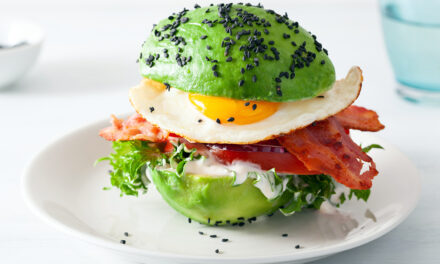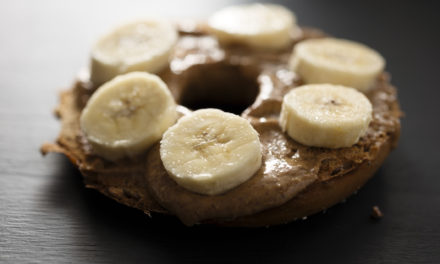With the throng of holiday parties, family gatherings, chocolate-filled gift baskets, rich dinners, and high-octane cocktails, for anyone watching their weight, the weeks between Thanksgiving and New Year’s can feel like a minefield.
Stressing about whether you’ll have the super-human willpower to resist sweet treats, or wallowing in guilt over your indulgences, is enough to spoil your celebration. And if you end up on a roller coaster of restraint, indulgence, resignation, and more indulgence, there’s a good chance you’ll end up heavier on January 1 than you were on Halloween. It’s no wonder that the average person gains a pound per holiday season, according to the National Institute of Health. That may not sound like a lot, but the extra weight tends to stick around and accumulate over the years.
But there’s good news. There are simple steps you can take to avoid getting derailed during the holidays, without feeling deprived.
Don’t Go Hungry. Anticipating a delicious family dinner? Don’t starve yourself all day to save up for it; if you arrive feeling ravenous you’ll likely end up consuming way more calories than you would have had you had eating regular meals, says Pamela Nisevich Bede, a registered dietitian and sports nutrition expert with Swim, Bike, Run, Eat! Have sensible meals throughout the day, and make sure to have a light snack before you arrive. A small salad or a piece of fresh fruit is a great choice.
Just keep moving. Make exercise a priority during the holidays; even a 30-minute workout can help burn off stress, curb appetite, and help offset the extra servings and sweets at the holiday buffets, Bede says. The short days, icy weather, and barrage of shopping and holiday errands can make it challenging. So set yourself up for success. Treat yourself to a short-term gym membership, or sign up for an exercise class. Stay accountable by enlisting a buddy to join you in a holiday challenge to exercise at least 30 minutes a day, 5 days a week. Crunched for time? You don’t even have to clear a big patch of time during the day to get it done. Studies have shown that you get the same benefits from three 10-minute bouts of exercise as you do from one 30-minute workout.
Drink up. Thirst often is mistaken for hunger, so be sure to hydrate throughout the day and especially before you head out for cocktails, says Bede. Calorie-free fluids like water and tea will fill your belly so you feel less hungry, and they’ll also help dilute the effects of alcohol—so the cocktails don’t go straight to your head. The bonus: in case you do imbibe a bit too much, good hydration will make the next day’s hangover less severe.
Consciously choose your special-occasion calories. Take some time before any holiday event to consider what will be served, and which treats are most worth indulging, advises Bede. If the holidays just wouldn’t be complete without mom’s heavenly Yule Log with homemade chocolate whipped creme, which only makes an appearance on December 24, go ahead eat and enjoy. But if you do, be sure to skip the dinner rolls and crackers you can have any old day of the year.
Forget New Year’s Resolutions. Often, in anticipation of the superhuman restraint they’ll have to exercise with ambitious changes they’ll vow to make January 1, people gorge their way through the holiday season, says Michelle May, M.D., author of Eat What You Love, Love What You Eat: How to Break Your Eat-Repent-Repeat Cycle.
“Even the idea that January 1 is coming begins to drive overeating,” she says. “Even if you’re not restricting, in the back of your mind you’re thinking that you’re not going to be able to eat this soon, and that drives more overeating,” says May. “People spend all of December bloated, full, and tired, and spend January feeling hungry, deprived, and obsessed. It doesn’t feel good either way.”
“Rather than spend the season stressing about what you’ll resist or how you can make substitutes for the foods you love, focus on enjoying every aspect of the holiday season, not just the food” she says. It’s ok to eat for pleasure—not hunger. After all, food is for celebrating, sharing, and connecting, May says. But if you do enjoy a treat you love, take the time to savor each bite surrounded people you enjoy, and avoid crossing the line into eating so much, or sneakily shoveling it in, that you end up feeling nauseous and full of regret. “Nothing ruins the pleasure of food more than guilt,” she says.









